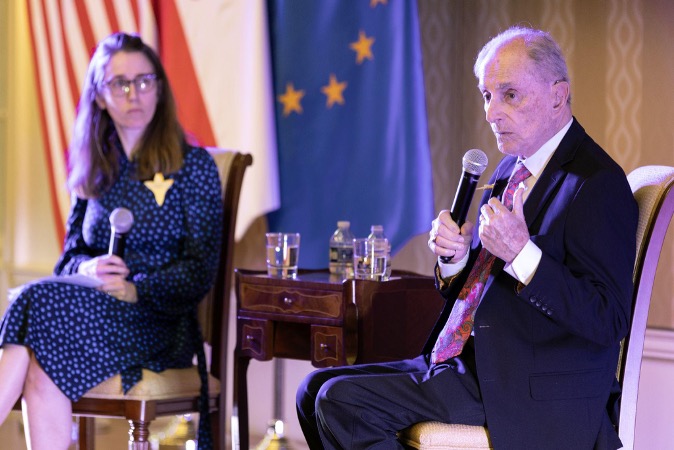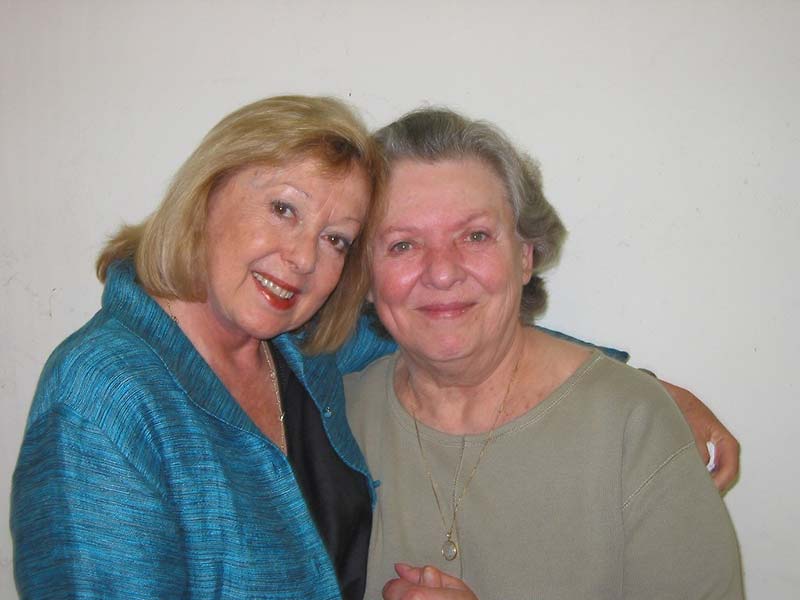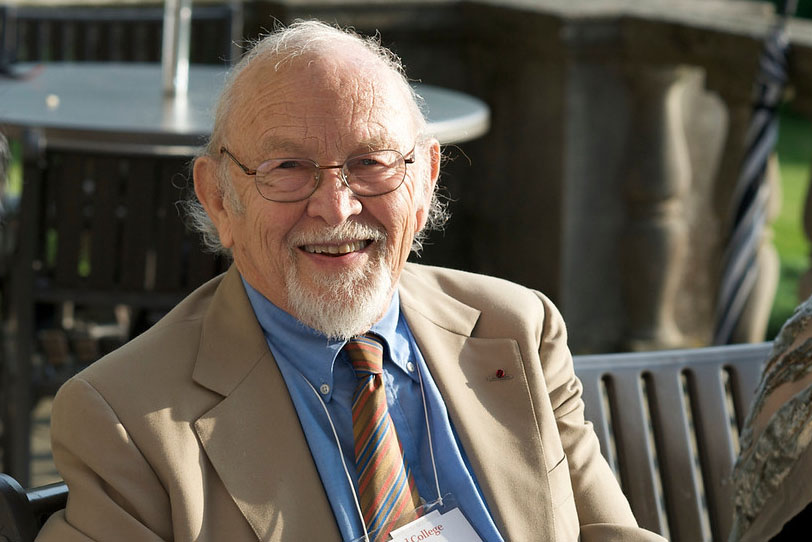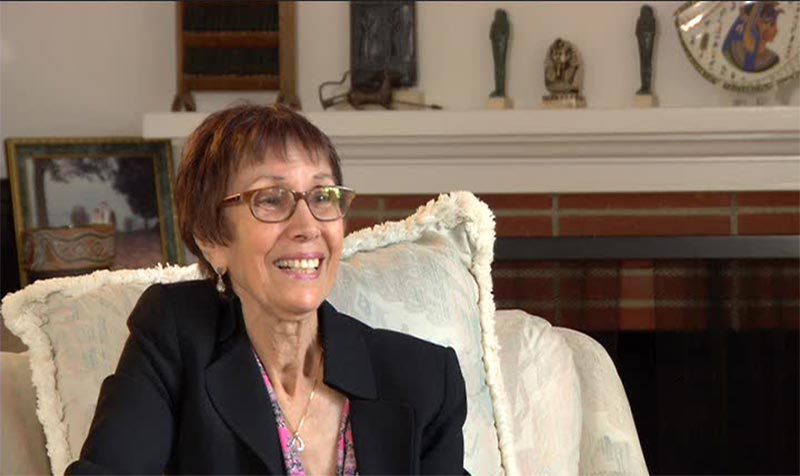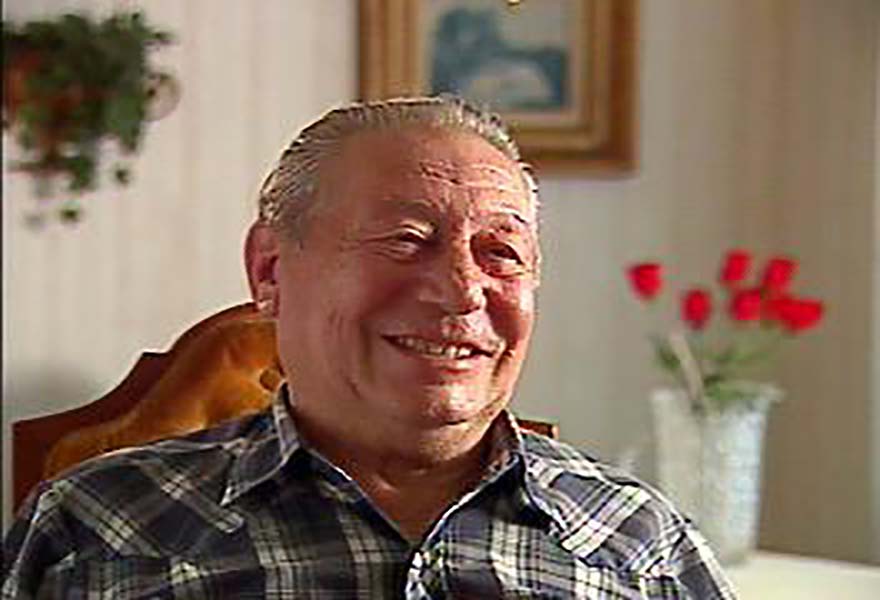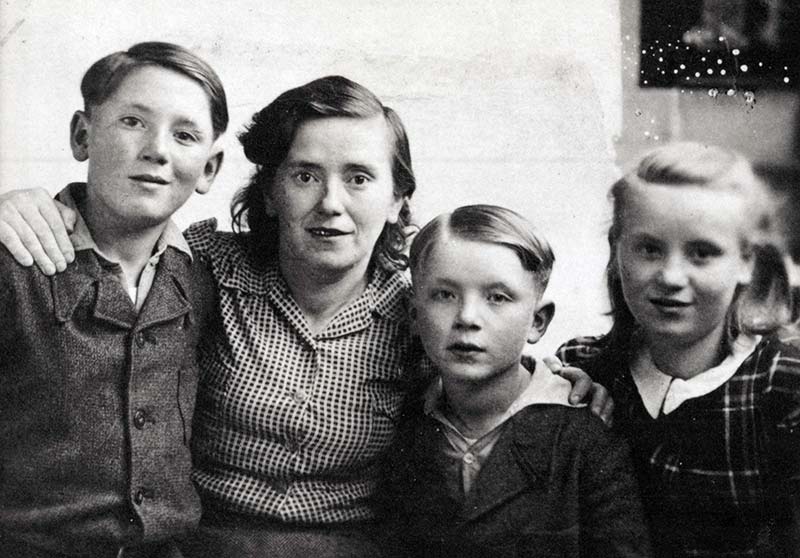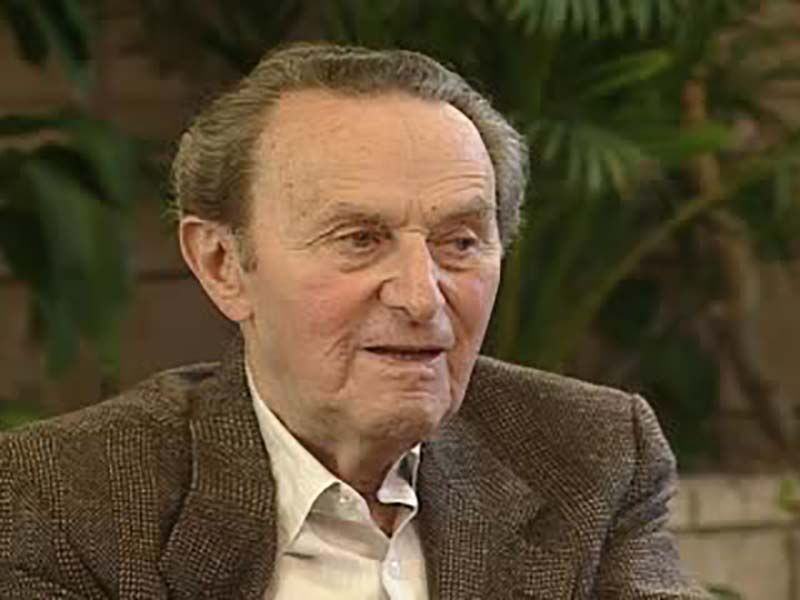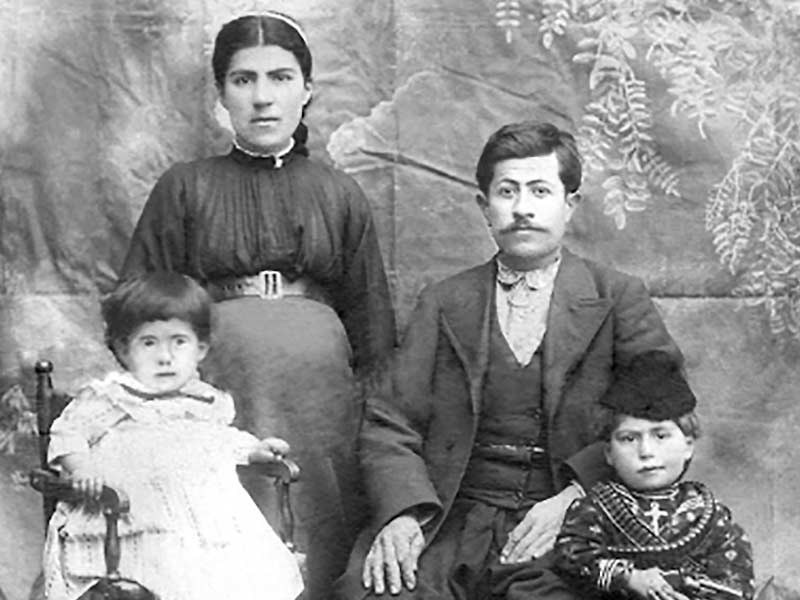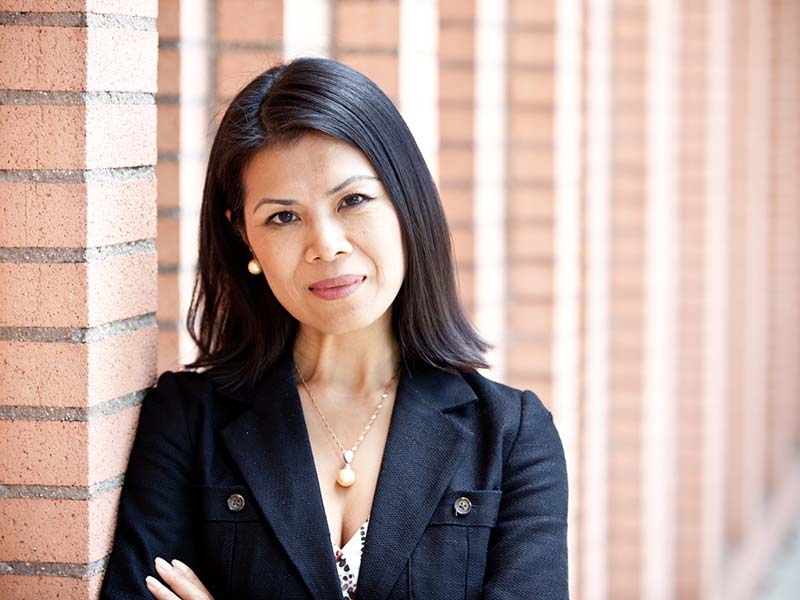Voices from the Archive
Learn more about our testimony collections.
Rising from Darkness: The Inspiring Journey of Holocaust Survivor Allan J. Hall
In the face of history's darkest chapter, Allan J. Hall has become a beacon of hope and resilience, a Holocaust survivor whose life journey exemplifies the human ability to triumph over unimaginable…
Wednesday, June 4, 2025
Holocaust Survivor Dana Schwartz, 89, Recorded Interviews with More Than 125 Survivors
We mourn the passing of Dana Schwartz, 89, a Holocaust survivor and dedicated interviewer for the USC Shoah Foundation, who died on May 9 in Los Angeles.
Dana, who later became a teacher and…
Wednesday, July 3, 2024
He Helped Rescue Thousands from the Nazis, Then Kept His Story Quiet for Decades
In a five-hour interview with the USC Shoah Foundation, Justus Rosenberg refers to himself as a “small fry,” “a cog,” an unimportant person. And perhaps it was for this reason that for decades, the…
Sunday, June 9, 2024
Iraqi Survivor Ruth Pearl Fostered Harmony and Understanding in Memory of Son Daniel Pearl
On January 23, 2002, Ruth Pearl dreamt that her son, Wall Street Journal reporter Daniel Pearl, was scared and in trouble. In her dream, she told him she would bring him tea and take care of him. She…
Wednesday, May 29, 2024
One Youth Group, An Army, and Two Uprisings—The Resistance of Joseph Greenblatt
Joseph Greenblatt believes it was the antisemitic taunts he endured throughout his childhood in Warsaw that led him to a life of resistance. He was a key player in the 1943 Warsaw Ghetto Uprising,…
Tuesday, April 18, 2023
Nearly 80 Years After The Holocaust, A Survivor Tells His Story
Gerald Szames is 2, maybe 3 years old. He is standing at the foot of the bed, looking at his mother. She is sick, propped up on a pile of pillows.
He has other flashes of memories of life…
Wednesday, April 12, 2023
With Music and Poetry, Herbert Zipper Reached for Humanity in Dachau
Herbert Zipper, a world-renowned conductor, composer and pioneer of the community arts movement in the United States, grew up in a Vienna of extremes: From his birth in 1904 until he fled in 1939,…
Monday, May 23, 2022
One Youth Group, An Army, and Two Uprisings—The Resistance of Joseph Greenblatt
Joseph Greenblatt believes it was the antisemitic taunts he endured throughout his childhood in Warsaw that led him to a life of resistance. He was a key player in the 1943 Warsaw Ghetto Uprising,…
Wednesday, April 27, 2022
In the Throes of the Armenian Genocide, His Mother Protected Him and Saved More Than a Hundred Others
When Sam Kadorian was a child, Ottoman soldiers would conduct drills in a field near his home in Mezre (modern-day Elazığ, Turkey), adjacent to the fortress town of Kharpert. Sam would stand close by…
Wednesday, April 20, 2022
Theary Seng
One morning in 1978, Theary Seng awoke alongside her younger brother in their prison cell in Boeng Rai Security Center, about 100 kilometers south of their hometown of Phnom Penh, Cambodia. The…
Wednesday, April 13, 2022
